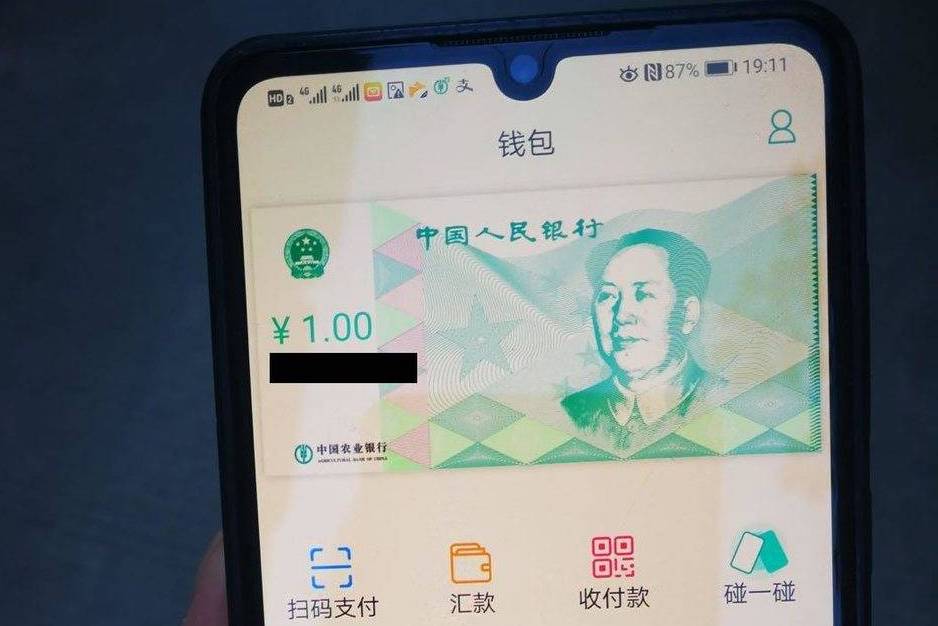China’s central bank digital currency (CBDC) is usually identified as a way to challenge the dominance of the US dollar, not bitcoin (BTC). But it may struggle to find adoption in niches where crypto versions of the dollar such as Tether (USDT) thrive, Cointelegraph reports.
At the Unitize Decentralized Digital Conference on Monday, Charles Yang from Genesis Block explained why the DCEP, commonly referred to as the digital yuan, is not particularly attractive as a crypto replacement.
Speculation and payments
Yang identified two key drivers of crypto adoption in Asia. The first is speculation, noting that traders from countries such as Korea and China have a higher tendency to take risks. But beyond that, crypto’s borderless nature is especially useful for Asian traders: “Any country that has these capital constraints – Korea is a big one, China’s obviously another major one – [where] people just can’t go through regular banking channels to send money to a different country. [.] This is the major use case of crypto right now.”
From that perspective, a centralized and bank-issued digital currency may not be a good replacement to USDT, as Yang believes that the rules for capital controls “will not change.”
He also raised an important concern for the DCEP’s internationalization and how other countries may react: “For instance, if China launches DCEP on their blockchain, and they want other countries to accept it, these new countries need access to that data.”
Whether China’s central bank would be willing to share that data with other countries remains an open question.
Tether to remain king, for now
Yang explained that USDT is enjoying immense popularity in Asia as hundreds of millions of dollars are being traded every day. Despite previous concerns about its reserves, confidence among traders remains high, especially within timeframes of hours or days.
According to him, China cannot easily curtail Tether circulation in the country, despite the threat it may pose to capital controls and oversight.
On the other hand, the DCEP would have to establish itself in major crypto markets and exchanges to begin contesting USDT’s dominance: “It’s just a means of moving value. That’s the most practical way to view it. If you accept it, how quickly and how reliably can you offload it without a great sacrifice?”
Thus, lack of global adoption could make it difficult for China to take control of the cryptocurrency ecosystem through the digital yuan – at least for now.
























